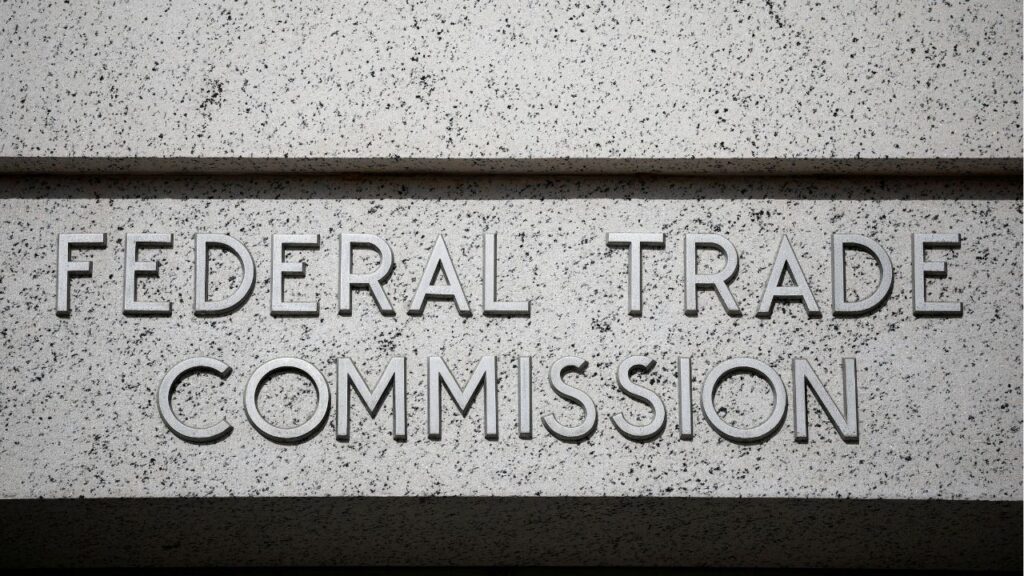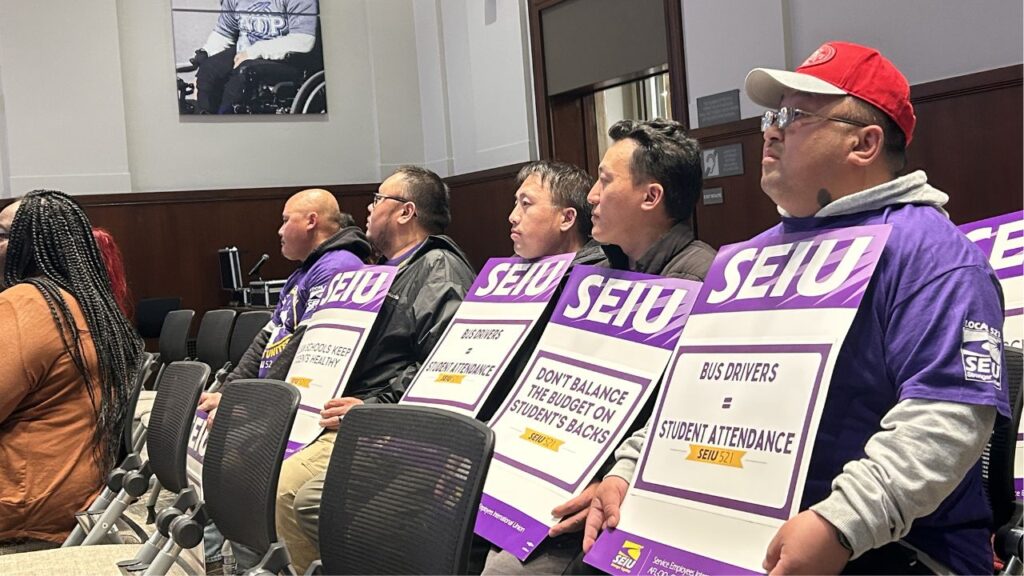Share
Dueling lawsuits in Fresno Superior Court ask the same question: Did Measure P pass with 52% of the vote?
As instructed by the Fresno City Council last week, the city attorney filed suit asking a judge to settle the controversy. Did the measure that would raise the city sales tax 3/8 of a cent for parks need a majority or two-thirds approval of voters to become law?
The city filed its suit Friday, Feb. 1, 63 minutes after Fresno Building Healthy Communities filed its suit.
A court date has yet to be set.
In the city’s filing, it asked the court to consolidate its action with Fresno BHC’s suit. Both sides are asking the judge to award attorney fees.
[tnc-pdf-viewer-iframe file=”https://gvwire.com/wp-content/uploads/2019/02/19CECG00422-City-complaint.pdf” width=”800″ height=”700″ download=”true” print=”true” fullscreen=”true” share=”true” zoom=”true” open=”true” pagenav=”true” logo=”true” find=”true” current_view=”true” rotate=”true” handtool=”true” doc_prop=”true” toggle_menu=”true” language=”en-US” page=”” default_zoom=”auto” pagemode=””]
Supporters Call Two-Thirds Standard Unfair
The Fresno BHC lawsuit argues that the law requiring two-thirds approval is unfair.

“While the majority of Fresno residents voted to pass the parks measure, an artificial voter threshold required a two-thirds majority for passage. The coalition believes the threshold is not only unfair, but the law is on the side of the people.”— Dr. Tony Iton, California Endowment
“While the majority of Fresno residents voted to pass the parks measure, an artificial voter threshold required a two-thirds majority for passage. The coalition believes the threshold is not only unfair, but the law is on the side of the people. That’s why Fresno BHC filed a lawsuit against the city of Fresno asking the court rule that a simple majority allow Measure P to be enacted,” Dr. Tony Iton, vice president of the California Endowment, wrote in a blog post.
The California Endowment provides funding for Fresno BHC.
Fresno BHC, part of the coalition of groups supporting Measure P, filed the suit independent of the official campaign.
However, the campaign said it supported the legal action.
“We are supportive of Fresno BHC’s decision to take this next step and await the court’s decision on this critical issue for community groups across California,” campaign spokeswoman Natasha Biasell said.
Central Valley Community Foundation is listed on campaign documents as the official sponsor of the Yes on P campaign
Ashley Swearengin, Fresno’s former mayor and current president/CEO of the CVCF, did not reply to GV Wire’s request for comment.
Measure P supporters say the sales tax would raise $38 million annually for 30 years for parks, trails, and other programs.
[tnc-pdf-viewer-iframe file=”https://gvwire.com/wp-content/uploads/2019/02/19CECG00432-FBHC-complaint.pdf” width=”800″ height=”700″ download=”true” print=”true” fullscreen=”true” share=”true” zoom=”true” open=”true” pagenav=”true” logo=”true” find=”true” current_view=”true” rotate=”true” handtool=”true” doc_prop=”true” toggle_menu=”true” language=”en-US” page=”” default_zoom=”auto” pagemode=””]
Changing the Rules
Mike Der Manouel Jr., a conservative radio commentator and Measure P opponent, said that the supporters are engaging in sour grapes. He also says that any chance to pass a future tax with cooperation from City Hall is over.
“Tactically speaking, the lawsuit by Yes on P is a disaster,” Der Manouel said. “They’ve effectively shut themselves out of any future discussions with the mayor, and are attempting to retroactively change the rules and outcome of an election already decided. Many municipalities will join in defense to protect their interests in similar litigation. It’s a temper tantrum. Nothing more.”
Mayor Lee Brand, in discussing Measure P at a recent speech to the Fresno Area Hispanic Foundation, expressed a desire for another tax measure that would support both parks and public safety.
Basic Legal Question
The law in question stems from Proposition 218, which passed with 57% of the vote in 1996.
That law deals with how taxes may be raised and the standard to pass them in California. Among the many changes it made, Prop. 218 required any tax increase to go to the voters.
As it applies to Measure P, any tax that goes to a specific purpose needs two-thirds to pass. General taxes, which goes to a government’s general fund to be used for any reason, require a majority (50% plus one).
There are two ways a tax can go before the voters — the governing body (in this case, the city council) votes to place it on the ballot, or a petition with enough qualifying signatures compels the council to place the item on the ballot.
Whether Measure P is a specific tax is not in question. Neither is the fact that it reached the ballot after proponents collected sufficient signatures.
In the resolution adopting Measure P in August 2018, the council wrote “measure requires approval by two-thirds (2/3) vote, unless otherwise required by law.” They followed the interpretation of city attorney Douglas Sloan.
However, the controversy is about whether the majority vs. two-thirds argument applies to how the tax was placed on the ballot.
Supreme Court Ruling Creates Confusion
A 2017 Supreme Court case answered one aspect of how Prop. 218 applies in certain circumstances.
In California Cannabis Coalition v. City of Upland, the court ruled that taxes proposed through the initiative process aren’t under the same Prop. 218 rules as a tax placed on the ballot by a government body.
However, Upland only directly answered the specific question for scheduling an election (either as a special election or at the next general election). The court did not answer the question (nor was it asked to by the plaintiffs) about the majority vs. two-thirds standard.
Fresno BHC says that Upland also applies to the standard of votes needed; the city counters that Measure P needs two-thirds.
A similar case in San Francisco is being challenged by the Howard Jarvis Taxpayers Association, which was behind Prop. 218. However, things are reversed in the case. The city attorney in San Francisco interpreted Upland to mean that only a majority was needed to pass.
Two tax proposals in San Francisco received more than a majority but less than two-thirds. The city declared them passed. The Howard Jarvis group disagreed, and the case is now in court.
Yes on P Outspent Foes Nearly 5-to-1
How much did the Measure P campaign spend in its attempt to pass the parks sales tax measure?
In the latest campaign filing covering the period through Dec. 31, 2018, Yes on Measure P spent $2.2 million. That’s nearly five times as much as the No on P campaign spent.
The campaign raised $2.15 million and has more than $56,000 cash on hand. However, it has $131,000 in debt.
The largest single contributor was the late David McDonald, who gave $850,000.
The Central Valley Community Foundation contributed more than $584,000 in labor and other costs.
The Sacramento law firm of Olson Hagel & Fishburn LLP performed legal work for Yes on P. Between Oct. 21 and the end of the year, the campaign paid $44,000 in legal services.

“What this boils down to is, this is going to be a judicial decision. This would end up in court one way or the other.” — Councilman Nelson Esparza
The No on P campaign raised and spent $454,000 and has no cash left nor debt.
Granville Farms, a related company to Granville Homes, publisher of GV Wire, was a major contributor to the No on P campaign.
Letting the Courts Decide
When councilmembers voted 4-3 in closed session last week to file for declaratory relief, they knew it was headed to the courts anyway.
“What this boils down to is, this is going to be a judicial decision. This would end up in court one way or the other,” Councilman Nelson Esparza said.
Election law attorney Fredric Woocher of Los Angeles-based Stumwasser & Woocher agreed that the courts will decide Measure P’s fate.
“That two-thirds vs. majority vote question is one that is currently at issue in a number of cases and really requires a judicial resolution,” said Woocher, who is not involved with the case.


















